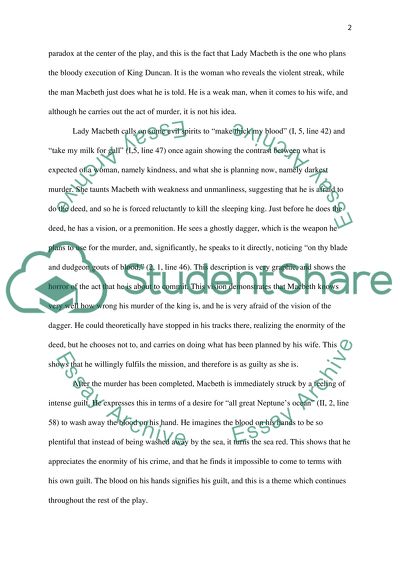Cite this document
(“The Image Of Blood In The Play Macbeth Essay Example | Topics and Well Written Essays - 1250 words”, n.d.)
Retrieved de https://studentshare.org/literature/1391491-macbeth
Retrieved de https://studentshare.org/literature/1391491-macbeth
(The Image Of Blood In The Play Macbeth Essay Example | Topics and Well Written Essays - 1250 Words)
https://studentshare.org/literature/1391491-macbeth.
https://studentshare.org/literature/1391491-macbeth.
“The Image Of Blood In The Play Macbeth Essay Example | Topics and Well Written Essays - 1250 Words”, n.d. https://studentshare.org/literature/1391491-macbeth.


